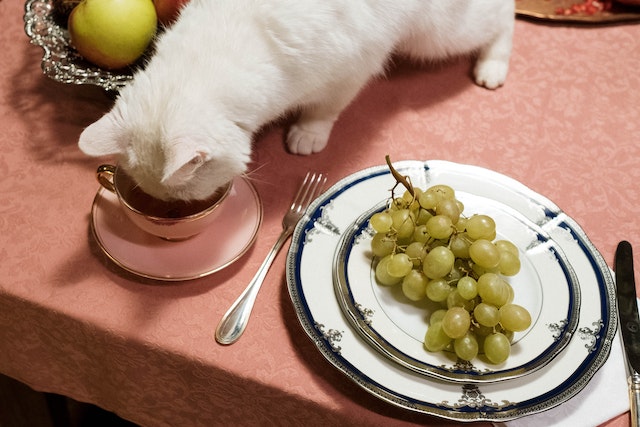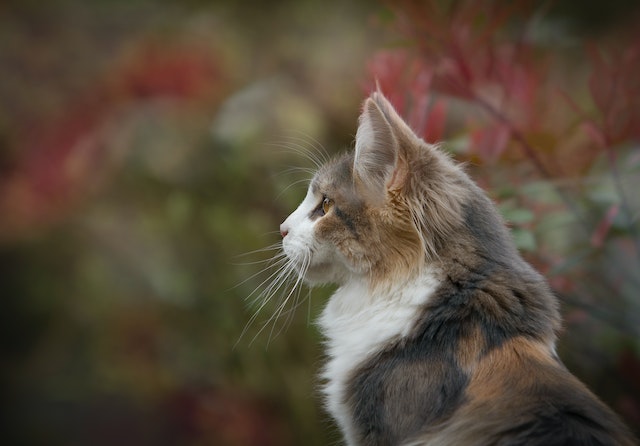The Dos and Don'ts of Feeding Your Cat

Feeding your cat can seem like a simple task, but it’s important to consider the specific needs of your feline friend. Here are some dos and don’ts to keep in mind when it comes to feeding your cat:
DO:
Choose a high-quality cat food. Look for a brand that uses real meat as the main ingredient, and avoid those with fillers like corn and wheat.
Consider your cat’s age and health. Kittens have different nutritional needs than adult cats, and cats with health issues may require a specialized diet.
Consult with your veterinarian. They can recommend the best type of food for your cat based on their age, weight, and health status.
Provide plenty of fresh water. Cats are prone to urinary tract problems, and keeping them well-hydrated can help prevent these issues. Make sure to clean and refill your cat’s water bowl daily.
Serve food at room temperature. Cold food can be unappealing to your cat, and heating it up can destroy important nutrients.
Offer a variety of wet and dry food. While dry food is convenient and helps keep your cat’s teeth clean, wet food can provide extra hydration and a more varied diet.
Keep your cat’s food and water bowls in a quiet, calm location. Cats can be sensitive to loud noises and commotion, so make sure they have a peaceful place to eat and drink.
Stick to a consistent feeding schedule. Cats do well with routine, so try to feed them at the same times every day.
DON’T:
Overfeed your cat. Obesity can lead to serious health problems in cats, so be sure to follow the feeding guidelines on the cat food package or as recommended by your veterinarian.
Feed your cat dog food. While both dogs and cats are carnivores, their nutritional needs are different. Dog food may not provide all the nutrients your cat needs and can lead to deficiencies.
Give your cat table scraps. Human food is often too high in fat and additives for cats, and can cause digestive issues.
Leave food out all day. Free-feeding (leaving food out all the time) can lead to overeating and obesity, and can also cause your cat to become picky about their food.
Feed your cat raw meat. Raw meat can contain harmful bacteria that can cause illness in cats, and a diet consisting mainly of raw meat may not provide all the necessary nutrients.
Feed your cat cow’s milk. Many adult cats are lactose intolerant and can develop digestive problems after drinking cow’s milk.
Ignore any changes in your cat’s appetite or weight. These could be signs of a health issue and should be addressed by a veterinarian.
By following these dos and don’ts, you can ensure that your cat is getting the proper nutrition they need to stay healthy and happy. Don’t forget to also provide your cat with plenty of love and attention, as this is an important part of their overall well-being.

